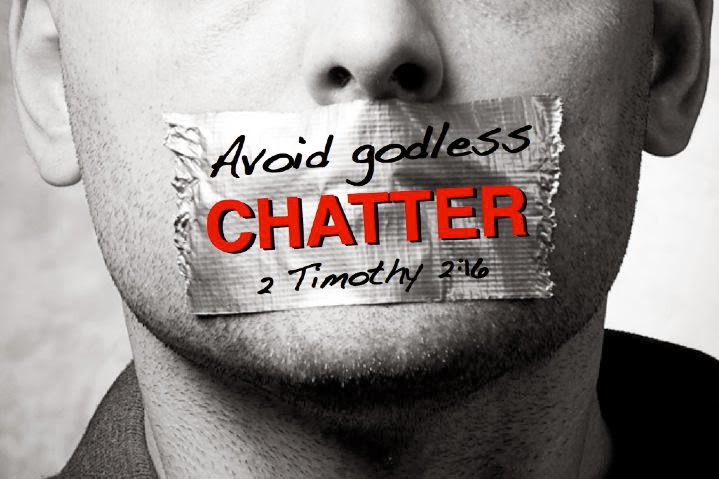TOP 10 QUOTES from Well-Intentioned Dragons
TOP 10 QUOTES FROM Well-Intentioned
Dragons
1.
"Qualifications of a pastor: the mind of a scholar, the heart of a child,
and the hide of a rhinoceros" (Quote by Stuart Briscoe, p.35)
2. "If the
first casualties in dragon warfare are vision and initiative, the next victim
is outreach. When a pastor is forced to worry more about putting out brush
fires than igniting the church's flame, the dragons have won, and the ministry
has lost." p.42
3. “Pastors who
personify a nondefensive spirit of joy and generosity tend not to attract as
many dragons. And when they are attacked, the majority of the congregation
begins to notice something amiss. When the fruit of the Spirit becomes
characteristic of the church’s daily life, it becomes painfully clear whenever
one person violates that spirit, and the body itself will work to take care of
the irritation.” (P.85)
4. “Like any army,
those on the front lines don’t have time to complain. Griping is the luxury of
those with small jobs. Being in the battle isn’t always fun or even desirable
to those involved, but it certainly has more significance and provides more
motivation than bureaucratic work.” (p.86)
5. “Taming dragons is
not giving in, becoming a doormat, appeasing them so they won’t spew their
wrath throughout the church. Simply because leaders are servants doesn’t mean
they must passively accept injustice or ignore threats to the body... What then
is dragon taming? What is the point of any confrontation? Not stifling people’s
ideas but protecting the church from those acting in destructive ways.” (p.120)
6. “The spirit needed
for confronting dragons is not one of fear and withdrawal nor of arrogant
power. It is gentleness and firmness – an attitude of smart love.” (p.125)
7. “Even when dragons
grab a congregation, God is still in control, and he isn’t wringing his hands.
At times the dragons may win – the ministry of a church may come to a
standstill for a generation or more, an individual congregation may
disintegrate – but dragons cannot destroy the church. Individual congregations
are breakable; the church is not.” (p.140).
8. “Forgiveness seems
like an unlikely tool to use before wars are completely resolved, but the
effects of dragons can linger for years, sapping a church’s strength, unless
the leaders demonstrate strong, visible forgiveness. Even in the midst of
unresolved tensions, forgiveness must always be offered.” (p.140).
9. Thomas á Kempis
said, “It is good that we at times endure opposition and that we are evilly and
untruly judged when our actions and intentions are good. Often such experiences
promote humility and protect us from vainglory. For then we seek God’s witness
in the heart.” (p.149)
10. “It is life among
the dragons that develops the qualities God requires.” (p.149)
RELATED ARTICLES



